Britain inundated – by dismal decisions from the top brass
From the Somerset Levels to Syria, poor leadership is wearing the public patience thin

A free daily email with the biggest news stories of the day – and the best features from TheWeek.com
You are now subscribed
Your newsletter sign-up was successful
LIKE the cast of a provincial Christmas pantomime the country’s political and administrative top brass seem endlessly surprised by what happens next. The paying customers in the audience can see it coming, but those supposedly in charge never do. The dismal response to the current floods is just the latest example.
At least in a pantomime the actors remain on stage. As many UK dramas unfold these days we find increasingly that not only is no one in charge – no one is even there. The Environment Secretary, Owen Paterson, visits late, without any Wellington boots; and then as the disaster deepens he has to go into hospital for an operation on a detached retina. What terrible luck some of the country’s key people seem to have.
At least the poor man is ill – unlike the British general in Basra who, as the Americans had to intervene to restore order, was away skiing. And when it is too late to do much the politicians arrive in their droves seeking damp photo opportunities. The only person to have emerged with any credibility from the current flooding disaster is the Prince of Wales – at the very least he looks comfortable in outdoor clothes.
The Week
Escape your echo chamber. Get the facts behind the news, plus analysis from multiple perspectives.

Sign up for The Week's Free Newsletters
From our morning news briefing to a weekly Good News Newsletter, get the best of The Week delivered directly to your inbox.
From our morning news briefing to a weekly Good News Newsletter, get the best of The Week delivered directly to your inbox.
Some of the most vivid images of the destruction wrought by the recent storms are of the railway line at Dawlish on the south Devon coast – men in high visibility coats wringing their hands and apparently unable to do anything for months. Even to the untechnical eye it is clear what Dawlish needs: a new sea wall (nothing complicated about that; seawalls are merely tons of concrete, intelligently laid) and a bridge to support the sagging railway line.
Incidentally, what has happened to our bridge-building ability? My favourite scene in A Bridge Too Far involves Elliott Gould, playing a US 101st Airborne colonel, taking command of a group of Royal Engineers to build an emergency bridge. Gould combines can-do leadership with Stakhanovite physical effort in a wonderful display of how to get difficult things done quickly.
Of course, it’s only a movie and Gould is playing an American colonel, but in the British Army of the Rhine during Operation Active Edge (test emergency deployments called with no warning), British sappers under British command could move an entire armoured division across the River Weser on pontoon bridges, at night, in a few hours – from a standing start.
But it is the stubborn inability of our elite to realise that their decisions have entirely predictable consequences that is wearing public patience thin.
A free daily email with the biggest news stories of the day – and the best features from TheWeek.com
We all have our favourite follies, especially from the Blair-Brown era. One more recent example that is still unfolding with dire consequences for our national security is the prime minister’s reckless decision to cheerlead for the overthrow of the Assad regime. Just after his half pint with David Cameron at the Swan Inn in Swinbrook, President Hollande revealed that French intelligence now estimates that there are at least 700 British subjects fighting in Syria, most for various jihadist outfits, some of which are considered extreme and unnecessarily violent even by the bloodthirsty successors to Bin Laden. Yet every single British jihadist is acting according to the stated policy of Her Majesty’s Government.
In 2015, after the next general election, the country is scheduled to carry out a Strategic Defence Review. Even now the leaders of our armed forces are squabbling over a likely further reduced defence budget. The army is terrified: Afghanistan, where despite the casualties it has found professional fulfilment, if not victory, will soon be over. The Royal Air Force is struggling to come to terms with the imminent approach of unmanned fighter planes – no pilots, no air marshals. And the Royal Navy is beginning to realise that its much-prized White Elephant Class carriers will be obsolete before they put to sea.
It would be a good idea to work out in the next 18 months what we are actually going to need. The First Sea Lord and professional head of the Royal Navy, Admiral George Zambellas, made an interesting intervention earlier in the week: “Make the Royal Navy 'un-credible', and we cease to be a first division player.”
But do we really need to be a first division player? Why not start with a known requirement, not a requirement for status. Two obvious ones immediately spring to mind. Our borders are going to have to be more tightly controlled – why not configure our armed forces to help with this instead of dreaming of futile glory abroad? And the weather is likely to become more unpredictable in the next few years – why not design the armed forces so that their first capability is to be able to help their own countrymen - here.
-
 One great cookbook: Joshua McFadden’s ‘Six Seasons of Pasta’
One great cookbook: Joshua McFadden’s ‘Six Seasons of Pasta’the week recommends The pasta you know and love. But ever so much better.
-
 Scientists are worried about amoebas
Scientists are worried about amoebasUnder the radar Small and very mighty
-
 Buddhist monks’ US walk for peace
Buddhist monks’ US walk for peaceUnder the Radar Crowds have turned out on the roads from California to Washington and ‘millions are finding hope in their journey’
-
 Glacial outburst flooding in Juneau destroys homes
Glacial outburst flooding in Juneau destroys homesSpeed Read
-
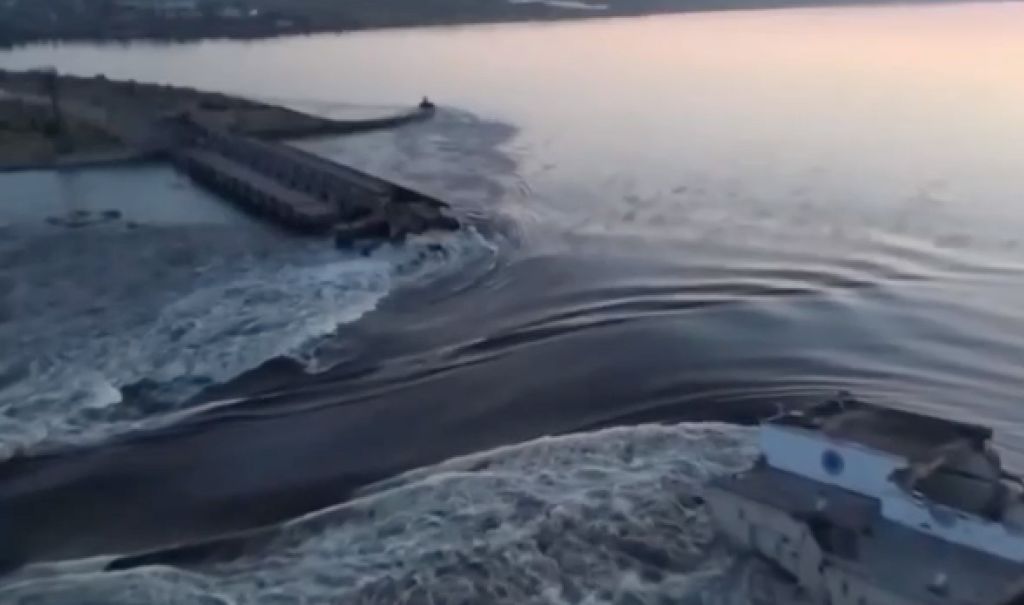 Ukraine blames Russia for destroying major hydroelectric dam 'in panic' as counteroffensive starts
Ukraine blames Russia for destroying major hydroelectric dam 'in panic' as counteroffensive startsSpeed Read
-
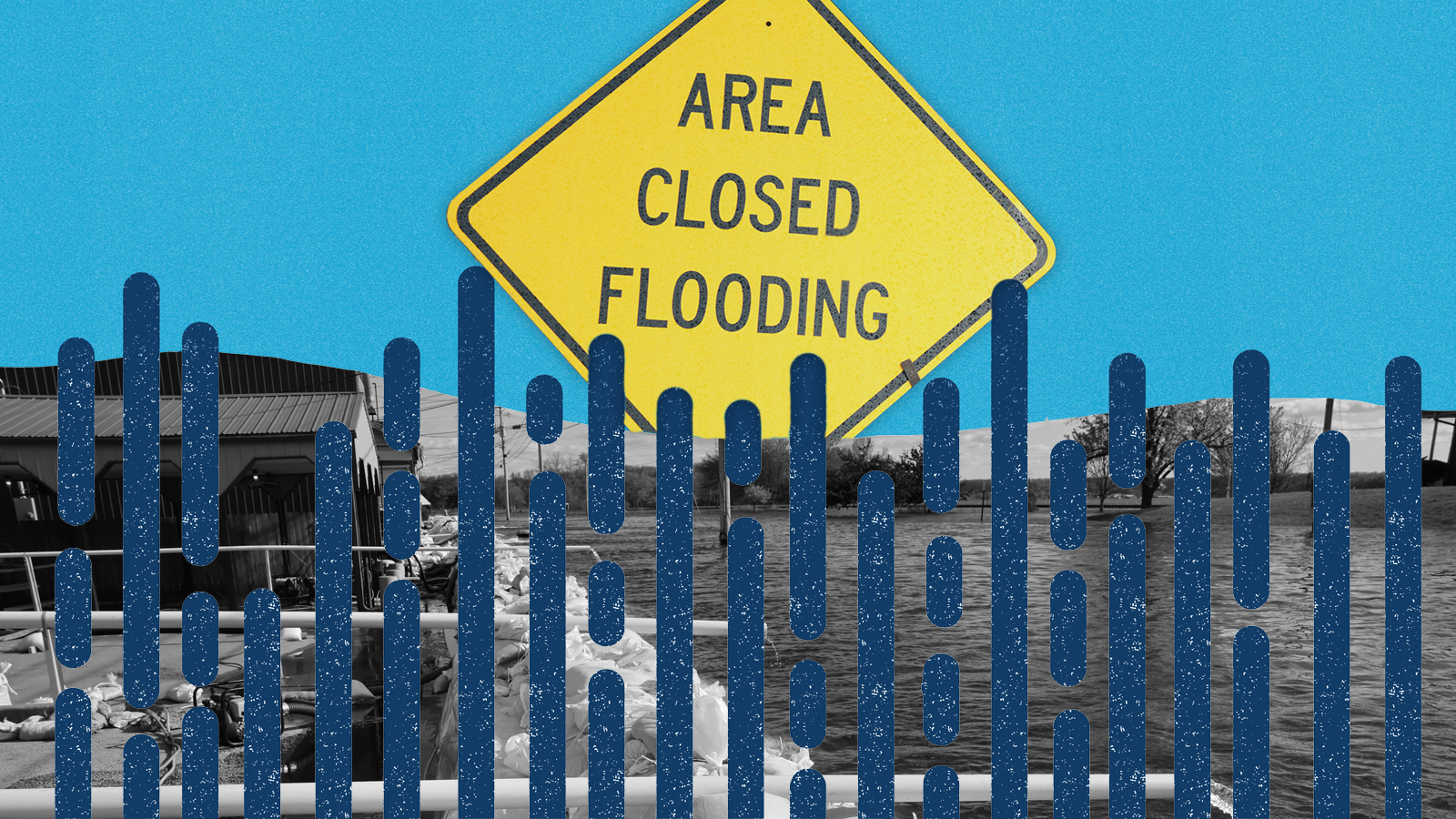 How bad are this year's Mississippi River floods?
How bad are this year's Mississippi River floods?Speed Read "Everybody's plan along the river has been put to the test"
-
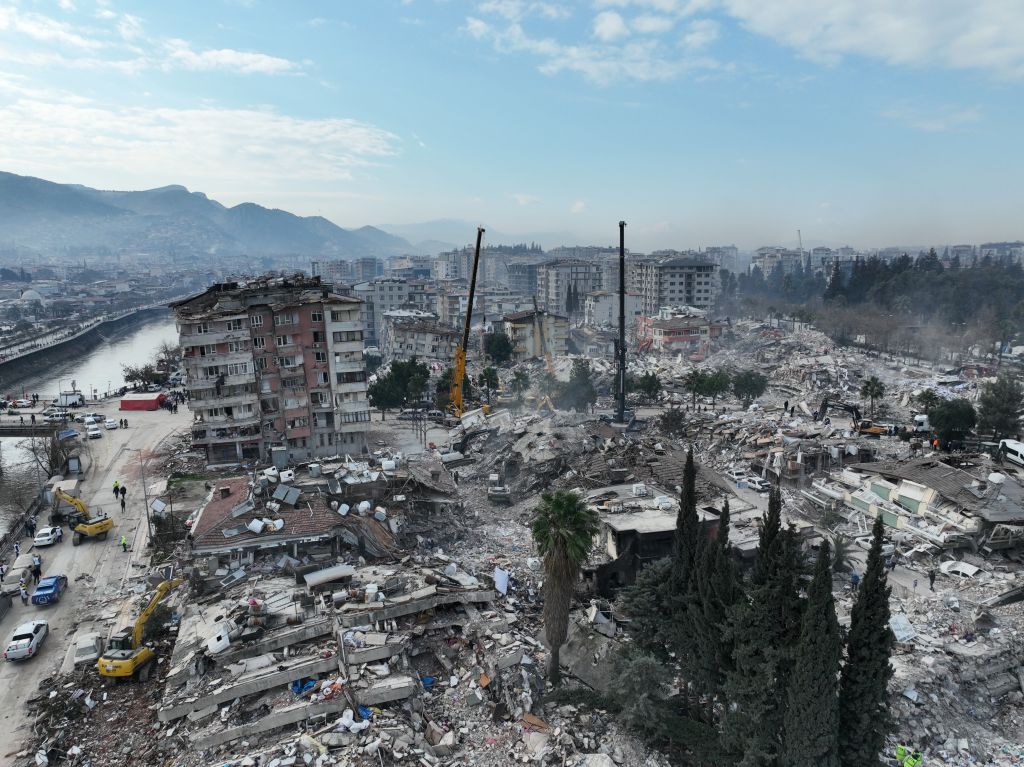 Death toll in Turkey-Syria earthquake tops 30,000 as survivors dwindle
Death toll in Turkey-Syria earthquake tops 30,000 as survivors dwindleSpeed Read
-
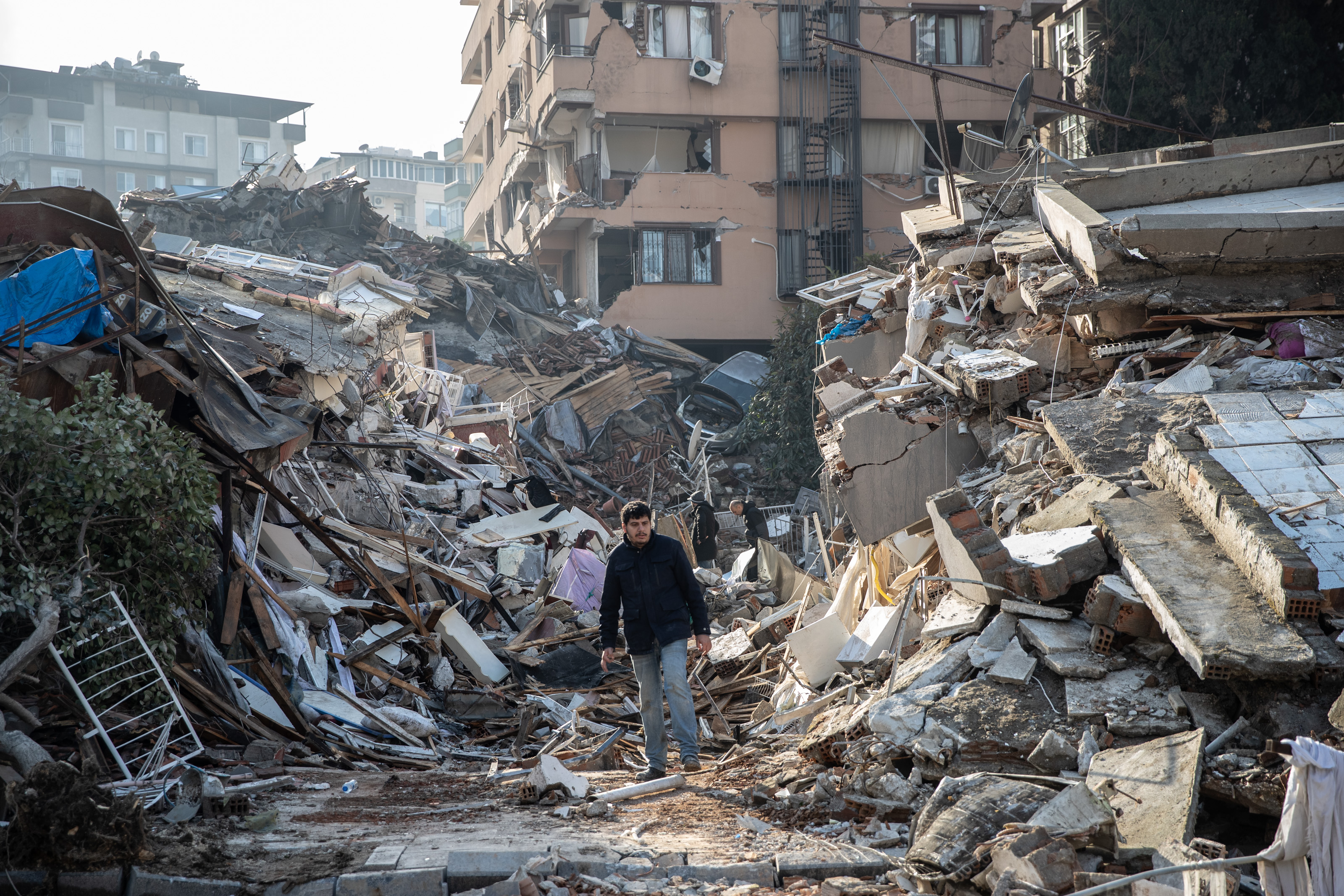 WHO says more than 20,000 may die from Turkish earthquake as freezing temperatures hinder rescue efforts
WHO says more than 20,000 may die from Turkish earthquake as freezing temperatures hinder rescue effortsSpeed Read
-
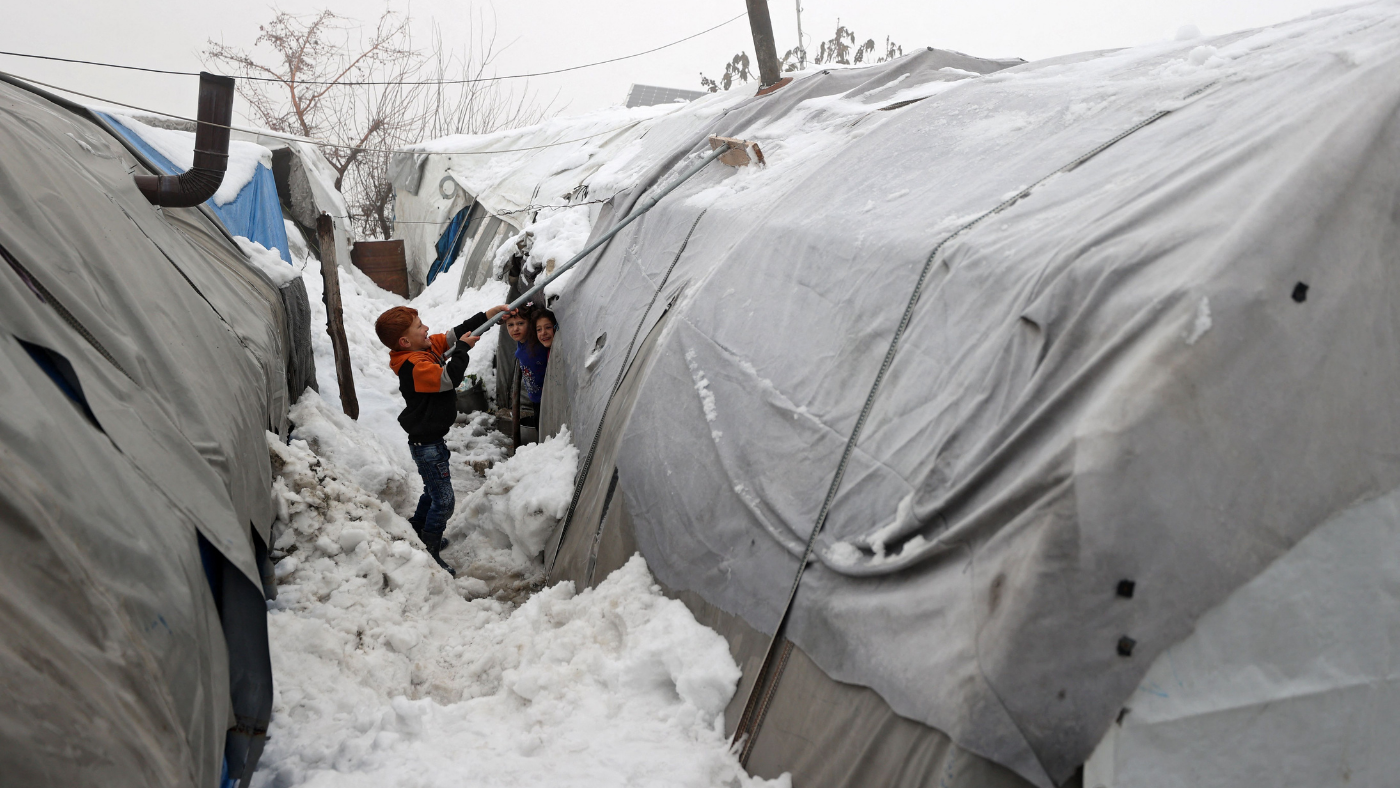 ‘The West can learn lessons about Putin from Syria’
‘The West can learn lessons about Putin from Syria’Instant Opinion Your digest of analysis from the British and international press
-
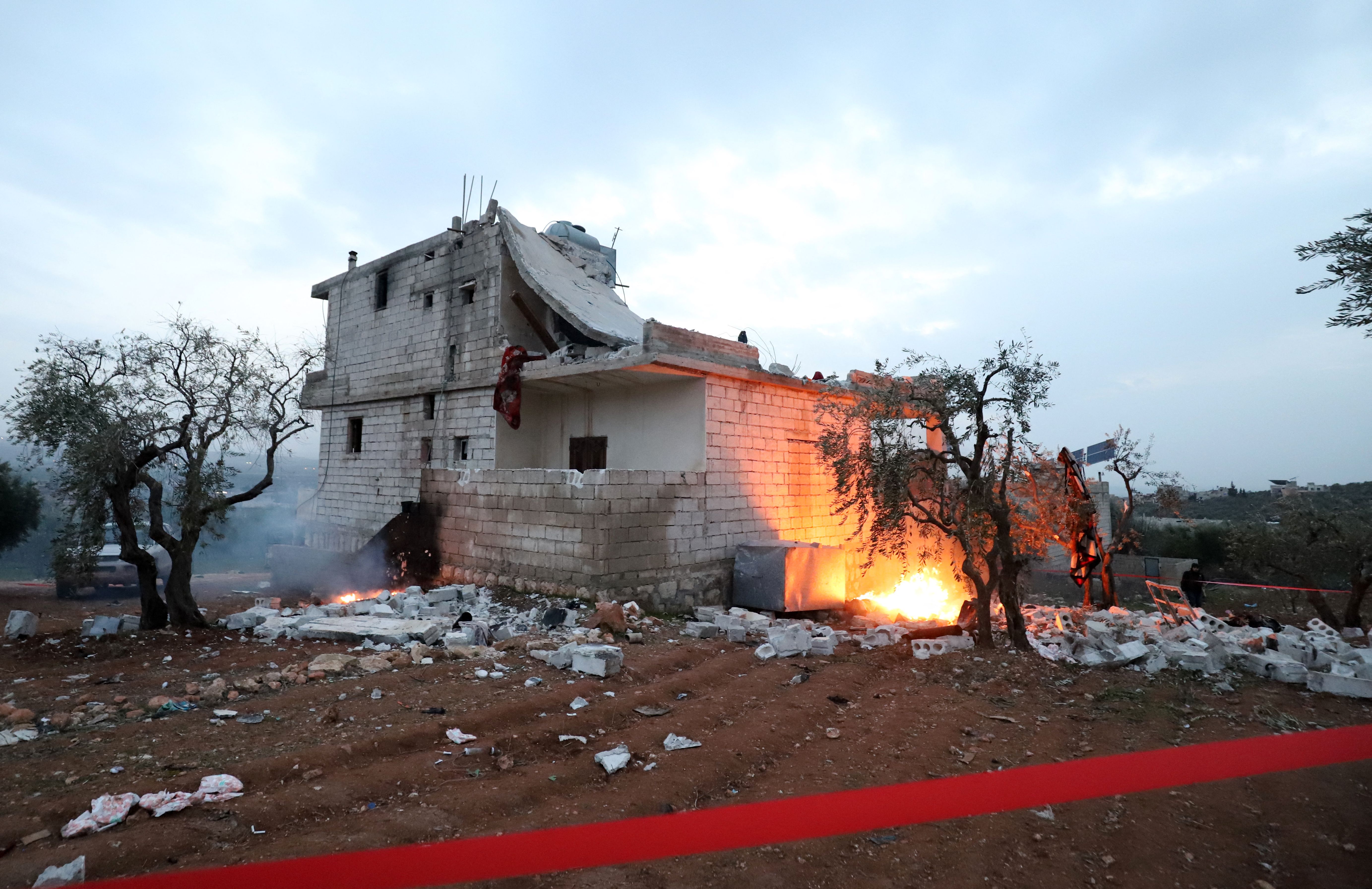 10 things you need to know today: February 4, 2022
10 things you need to know today: February 4, 2022Daily Briefing Biden says "horrible" ISIS leader died in Syria raid, the U.S. says Russia plans to justify Ukraine invasion with fake video, and more
-
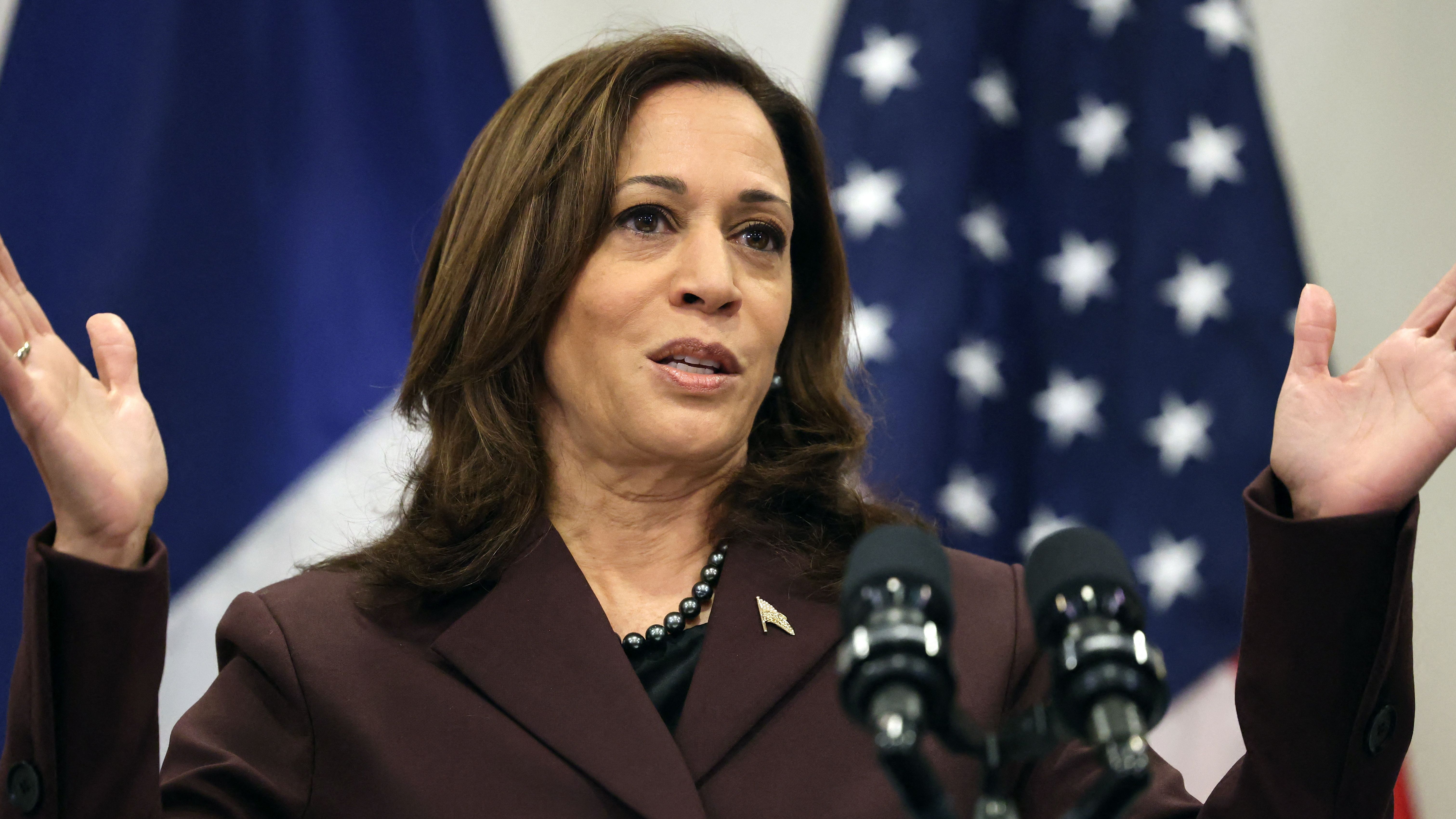 The Week Unwrapped: The VP, GPs and refugees
The Week Unwrapped: The VP, GPs and refugeespodcast Why are Kamala Harris' approval ratings in freefall? Should the government be able to tell doctors where to work? And why have bananas got Syrian refugees in trouble in Turkey?